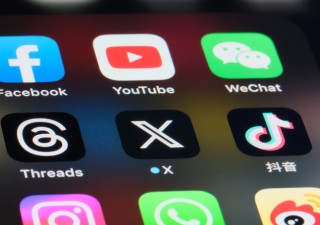“The Guidelines explain that the relevant party has two years to file an action with the Court to enforce a judgement and the party subject to enforcement can be fined, detained and possibly subject to criminal prosecution,” he says. “Courts can also freeze or seize property, such as bank accounts, place people on blacklists and block people from exiting the country, among other measures. Accordingly, parties subject to a judgement have a strong incentive to comply with the judgement.”
Parties such as brands or business owners subject to an intellectual property judgement may be more likely to honor the judgement. Simply disappearing and then opening a new factory to continue infringement will be less likely.
As for the challenges of these judgements, Wininger says that he thinks there is a chance for abuse against foreigners.
“As the Courts can block exiting the country, foreigners stuck in a business dispute may not be able to leave the country if they lose a case,” he says. “This may encourage foreigners to settle cases instead of risking their employees getting subject to an exit ban.”
He continues, “Petitioners will need to start requesting enforcement of judgements. The Peoples' Courts may not take action ex parte.”
Excel V. Dyquiangco








